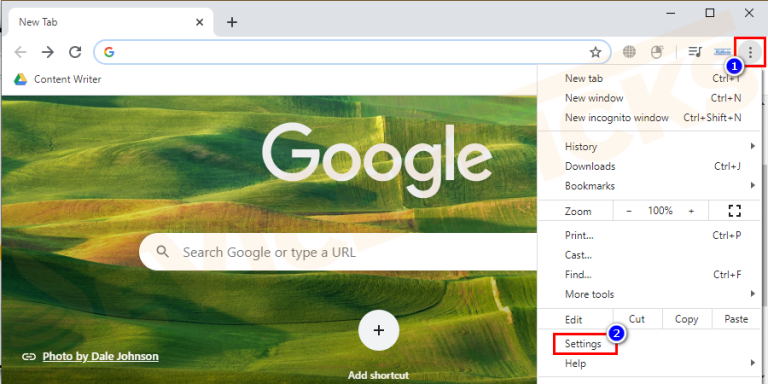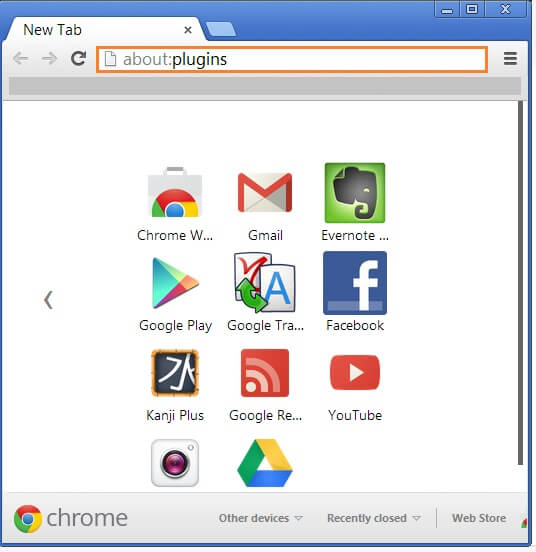

(A tarball is simply a compressed package of files) To unpack the file, run the following command in the terminal and make sure that the filename matches exactly to the file that you downloaded. Open that up and we are going to unpack the Flash Player tarball. You can find the Linux terminal app in your app launcher. You will want the one titled “Flash Player Projector.” Once you have that, move the tar.gz file to the Linux folder in your Files app.

You can find that file here under the Linux options. Next, we will download the Flash Player from Adobe’s website. You can learn all about that in the Command Line article here. First, you will need to make sure your Chromebook is up-to-date and that you have installed and updated the Linux container on your Chromebook. swf files you want to access but since Adobe is at the heart of the format, we’re going to use Crostini to install the Linux version of the standalone Shockwave Flash Player from Adobe.

I have tried disabling the last two settings ("specify a list of disabled plug-ins" and "specify a list of enabled plug-ins") but that doesn't appear to help - other than allowing the user to manually disable the specific ploblematic plugin.There are a variety of players that will do the trick if you’re sitting on some. There are many other settings, but I'm not sure if they're relevant. $\Google\Chrome\User Data\DefaultĪllow running plug-ins that are outdated:Īlways runs plug-ins that require authorisation: Has anyone else experienced a similar issue? Is it possible to disable a specific plugin through GPO - without completing disabling Adobe Flash Player? We currently have the following ADM settings applied that might be relevant: However we need a permanent solution to the problem, as the folder appears to be getting recreated. I have found two potential workarounds, which involve either deleting/renaming the \User Data\PepperFlash\11.9.900.117 folder OR browsing to chrome://plugins and disabling the "PPAPI (out-of-process)" plugin that's pointing to the same location (the top one depicted in the image below). All PCs are Windows 7 64-bit (RM CC4), and we also push out Adobe Flash Player as an MSI.Īll has been working well until last week when users have randomly been getting the error message:

Google Chrome is deployed to all PCs on our network, and we are using the latest ADM files to push out the necessary settings. We are experiencing issues on our network with Google Chrome and Shockwave Flash.


 0 kommentar(er)
0 kommentar(er)
